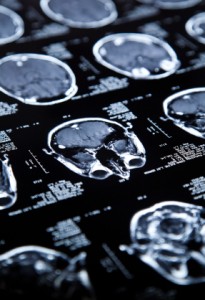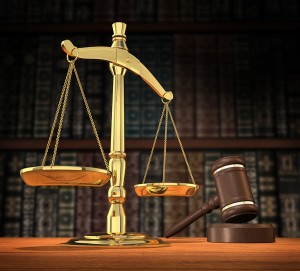 When you or a loved one has been diagnosed with a brain injury, you will likely spend hours on the Internet researching the condition. It is easy to get confused when there are so many different types of brain injuries. The two main ones are a traumatic brain injury (TBI) and an acquired brain injury (ABI). These two injuries couldn’t be more different. It is important to know the differences to know truly the prognosis and treatment options available.
When you or a loved one has been diagnosed with a brain injury, you will likely spend hours on the Internet researching the condition. It is easy to get confused when there are so many different types of brain injuries. The two main ones are a traumatic brain injury (TBI) and an acquired brain injury (ABI). These two injuries couldn’t be more different. It is important to know the differences to know truly the prognosis and treatment options available.
Traumatic Brain Injury
A traumatic brain injury is one that is caused by an outside force and occurs after birth. This can be caused by a fall, car accident, assault, or hitting your head in some degree.
Acquired Brain Injury
An acquired brain injury covers a vast range of causes. Some of the most common causes of acquired brain injury include stroke or lack of oxygen at birth.
Other Brain Injuries
There are some types of injuries the brain that doesn’t fall under TBI or ABI. These include progressive types of brain damage caused by diseases like Alzheimer’s disease, progressive Parkinson’s, or metabolic diseases.
Different Treatment Approaches
Whether you have a TBI, ABI, or another type of brain injury will dictate your treatment options. Each of these types has differing degrees and levels of severity that may have wildly different long-term consequences. It is best to talk with your doctors and specialists for any specific information that you require for your particular brain injury.
Educate Yourself
By reading articles like this one, you are on the right track for approaching the healing process after a TBI or ABI. Build your support system, read articles and information, and take the time to process. You have options and support!
For more information relating to brain injury, join the TryMunity community. We are here to assist you!


 While
While There are many long-term side effects that people suffer when they have a
There are many long-term side effects that people suffer when they have a  Due to the variable symptoms of a traumatic brain injury, it can be hard to assess whether you have a TBI or a different diagnosis.
Due to the variable symptoms of a traumatic brain injury, it can be hard to assess whether you have a TBI or a different diagnosis.  There are many different defining criteria when it comes to
There are many different defining criteria when it comes to  Concussions
Concussions When you have suffered a
When you have suffered a  Whether you have
Whether you have  The woodpecker is best known for its ability to use its beak to smash repeatedly into thick trees. Scientists began to ask, “How do they do this without bodily damage?” and that question may hold the answer to curing
The woodpecker is best known for its ability to use its beak to smash repeatedly into thick trees. Scientists began to ask, “How do they do this without bodily damage?” and that question may hold the answer to curing For many Americans, times have been tough financially. Financial strain can often prevent those who typically donate money to the causes they feel passionate about from doing so. However, there are many alternative options for those who want to give back to
For many Americans, times have been tough financially. Financial strain can often prevent those who typically donate money to the causes they feel passionate about from doing so. However, there are many alternative options for those who want to give back to 
